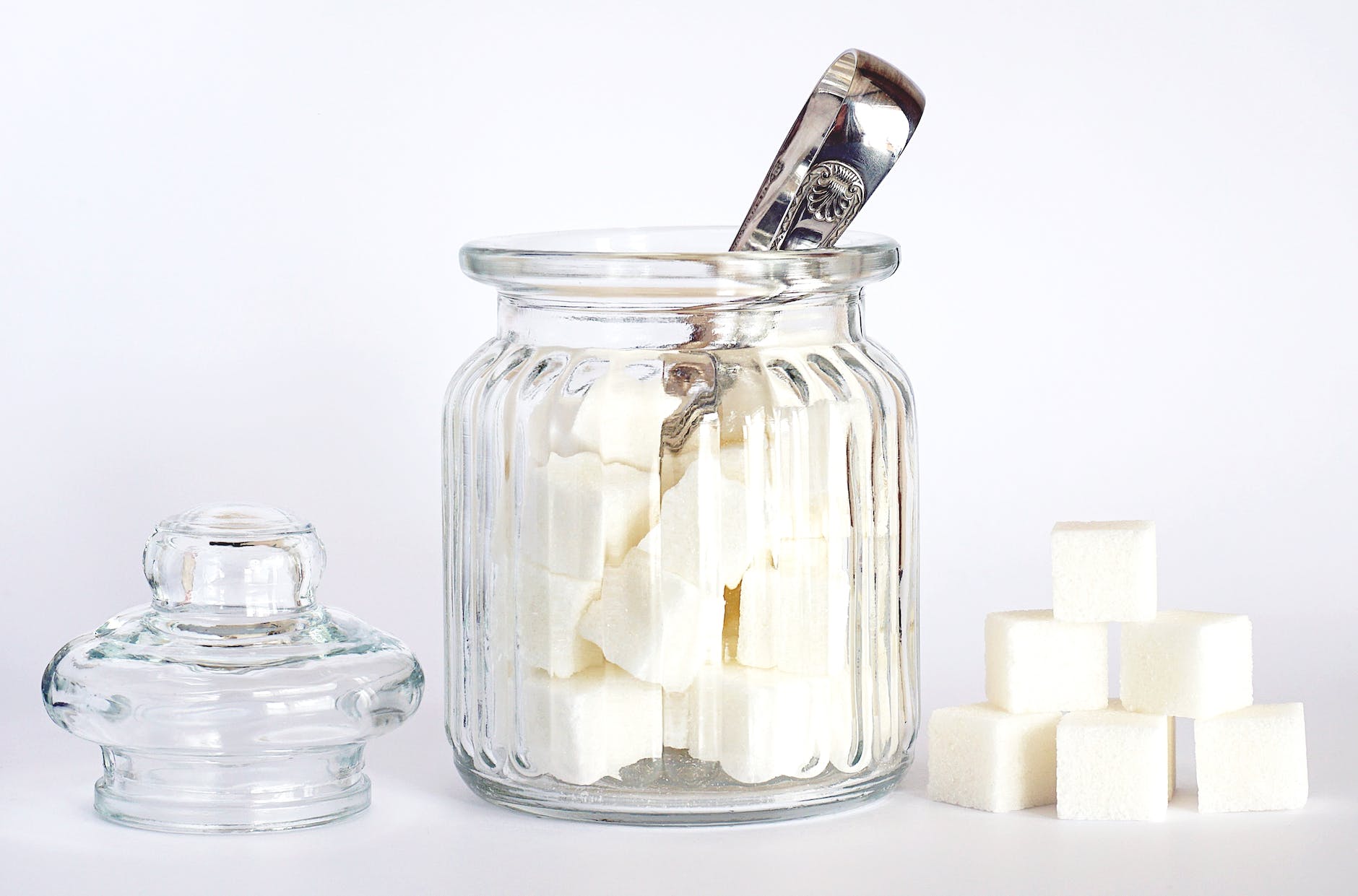
In today’s health-conscious world, understanding body composition is more than just knowing your weight. It’s about understanding the intricate balance of fat, muscle, and water in your body. This guide dives deep into the world of body fat measurement, exploring the best tools and techniques available in 2023.
1. Introduction to Body Fat Percentage
Body fat percentage is the proportion of fat compared to everything else in your body. It’s a more accurate indicator of fitness than weight alone. A healthy body fat percentage varies based on factors like age, gender, and activity level.
2. Why Measure Body Fat Percentage?
- Health Assessments: High body fat percentages can be indicative of potential health risks.
- Fitness Goals: Whether you’re looking to build muscle or lose fat, knowing your starting point is crucial.
- Dietary Adjustments: Tailor your diet based on your body’s needs.
3. Tools and Devices for Measuring Body Fat
- Calipers: A classic tool where skinfold thickness is measured at various body sites.
- Bioelectrical Impedance Analysis (BIA): Devices like the InBody 570 send a safe, low-level electrical current through the body to measure impedance, giving insights into body water, muscle mass, and fat percentage.
- Omron Body Composition Monitor: Uses BIA technology and offers details like visceral fat level, skeletal muscle percentage, and more.
- Amazon Halo: A wearable device that uses AI-powered tools to measure and analyze body fat percentage.
- 3D Body Scanners: Offer a visual representation of where you hold fat and muscle on your body.
4. The Most Accurate Ways to Measure Body Fat
While all methods have their merits, DEXA scans and water displacement tests are considered the gold standard. However, BIA devices like InBody 570 have gained popularity due to their accuracy and ease of use.
5. Understanding Visceral Fat
Visceral fat is the fat stored around your organs. It’s considered more harmful than subcutaneous fat. Tools like the Omron and InBody provide visceral fat readings, helping users understand and monitor their internal health.
6. Challenges and Limitations
- Hydration Levels: BIA devices can be affected by your hydration status.
- Consistency: For accurate readings, measure at the same time under the same conditions.
- Device Limitations: Not all devices measure all metrics. Choose based on what’s most important to you.
7. Tips for Reducing Body Fat Percentage
- Dietary Changes: Focus on a balanced diet rich in whole foods.
- Exercise: Combine strength training with cardio for best results.
- Stay Hydrated: Water plays a crucial role in metabolism and fat loss.
FAQ Section
1. What is body fat percentage, and why is it important? Body fat percentage represents the total proportion of fat in your body compared to everything else, like muscles, bones, and organs. It’s a crucial metric because it provides a more comprehensive view of health than just weight, helping to identify potential health risks and tailor fitness goals.
2. How does the InBody 570 device measure body composition? The InBody 570 uses Bioelectrical Impedance Analysis (BIA). It sends a safe, low-level electrical current through the body, measuring impedance. This data, combined with the device’s algorithms, provides insights into body water, muscle mass, fat percentage, and more.
3. Are 3D body scanners worth the investment? 3D body scanners offer a unique visual representation of where you hold fat and muscle on your body. While they might be an initial investment, they provide detailed insights that can be invaluable for tracking progress and tailoring fitness regimens.
4. How do hydration levels affect body fat measurements? Hydration can significantly impact readings, especially with BIA devices. When dehydrated, the body may show a higher fat percentage. For consistent and accurate readings, it’s recommended to measure at similar hydration levels each time.
5. What’s the difference between visceral fat and subcutaneous fat? Visceral fat is stored around organs and is considered more harmful due to its association with various health issues. In contrast, subcutaneous fat is found beneath the skin. Monitoring visceral fat levels, especially, is crucial for understanding internal health.
6. How often should I measure my body fat percentage? For consistent tracking, it’s recommended to measure body fat percentage every 2-4 weeks. This frequency allows you to monitor changes over time without getting caught up in daily fluctuations.
7. Can I trust the accuracy of wearable devices like Amazon Halo for body fat measurements? While wearables like Amazon Halo provide valuable insights and are improving in accuracy, it’s essential to understand that they might not be as precise as professional-grade devices. They are, however, excellent tools for tracking trends and changes over time.
8. Conclusion
Understanding your body composition is a journey, not a destination. With the right tools and knowledge, you can make informed decisions about your health and fitness journey.
Remember, the key is consistency. Whether you’re tracking your progress or just starting, understanding your body fat percentage and composition can be a game-changer.
Blog Tags: Body Fat Percentage, InBody 570, Bioelectrical Impedance Analysis, Visceral Fat, 3D Body Scanning, Amazon Halo, Body Composition, Fitness Tracking, Health Metrics, Muscle Mass, Hydration Impact, Wearable Health Devices.













